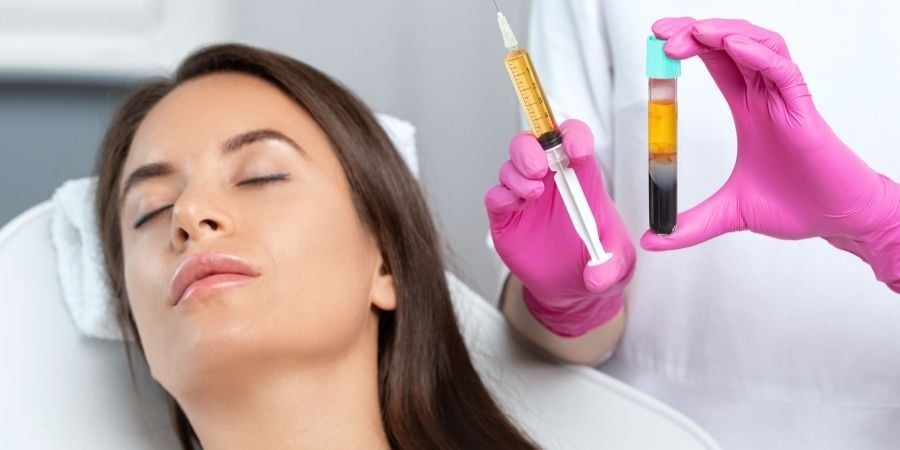Facial and neck skin laxity, commonly known as skin sagging, is a concern that becomes more noticeable as we age. Our skin naturally loses its elasticity and firmness with the ageing process, primarily due to the gradual decline in collagen and elastin production over the years - two proteins that are crucial for maintaining the skin’s structure and resilience.
Almost every desirable skin characteristic comes from the presence and health of collagen and elastin - specially skin firmness - that's the reason why promoting collagen production is a vital aspect of achieving and maintaining beautiful skin. Starting around the age of 30, we begin to lose collagen at an approximate rate of 1% a year.
Certain factors exacerbate the slowdown of collagen production such as the sun, alcohol, smoking, poor nutrition, lack of exercise, pollution and more. Rapid weight loss or genetic predisposition also contribute to the premature development of sagging skin, particularly in the face and neck. With major weight loss, the skin is stretched from excess weight and as fat decreases, there is less volume to fill the skin, resulting in loose skin.
As the skin loses its ability to snap back, it begins to droop or sag. While this is a natural process, there are effective nonsurgical treatments available that can help restore a firmer, more lifted look.
%20(1200%20x%20250%20px)%20(1200%20x%20500%20px)%20(1)-1.webp?width=2000&height=833&name=The%20Hampton%20Clinic%20Square%20(1200%20x%20628%20px)%20(1200%20x%20250%20px)%20(1200%20x%20500%20px)%20(1)-1.webp)
Sagging skin in the face and neck can present in many ways, and it often affects multiple areas at once. Here are some examples:
Jowls: One of the most common signs of facial laxity is the development of jowls, or loose skin that sags below the jawline, blurring the sharpness of the facial contours.
Sagging cheeks: As the skin loses volume and elasticity, the cheeks may droop, creating a sunken appearance and deepening the nasolabial folds (the lines that run from the nose to the corners of the mouth).
Eyelid and eyebrow drooping: Laxity in the upper eyelids can cause them to sag, leading to a hooded appearence, while the lower eyelids may develop bags.
Turkey Neck: Neck laxity manifests as loose, wrinkled skin under the chin and along the neck, commonly referred to as "turkey neck".
Marionette Lines: These lines extend from the corners of the mouth down toward the chin and can become more pronounced as the skin around the lower face begins to sag.
Improving skin laxity in a nonsurgical way requires treatments that stimulate collagen production to improve skin elasticity. Our team will create a personalised treatment plan for you taking into considerarion the severity and location of your skin laxity. Our approach focuses on understanding your unique needs and providing effective solutions to restore your skin’s radiance with natural-looking results.
Here are some of the treatments we might recommend for sagging skin:
Often, a combination of treatments is the most effective approach. Book your skin consultation for an in-person assessment.
%20(1).jpg)
Sep 12, 2025 5:15:00 PM
-1.jpg)
Sep 4, 2025 3:15:00 PM

Aug 27, 2025 12:30:00 PM

Aug 20, 2025 1:30:00 PM

Copyright @ 2025 The Hampton Clinic